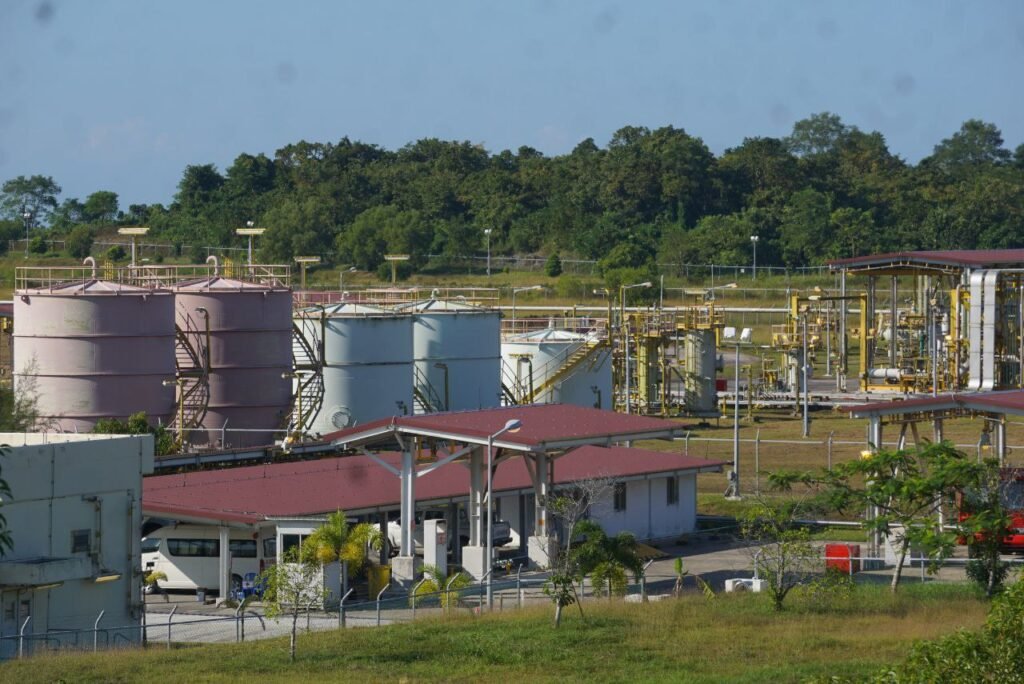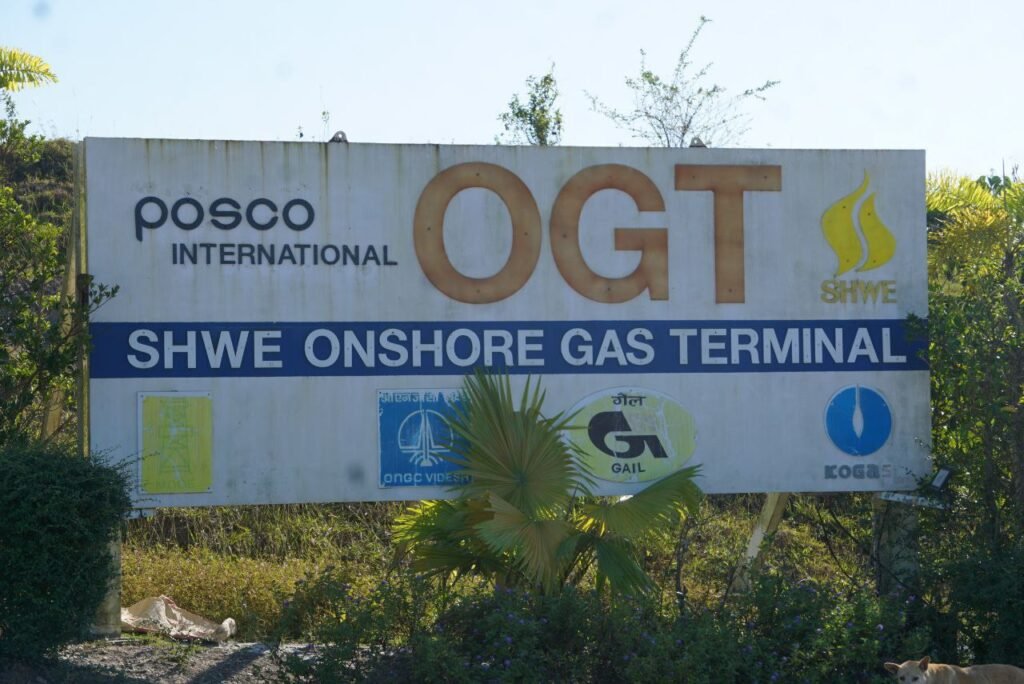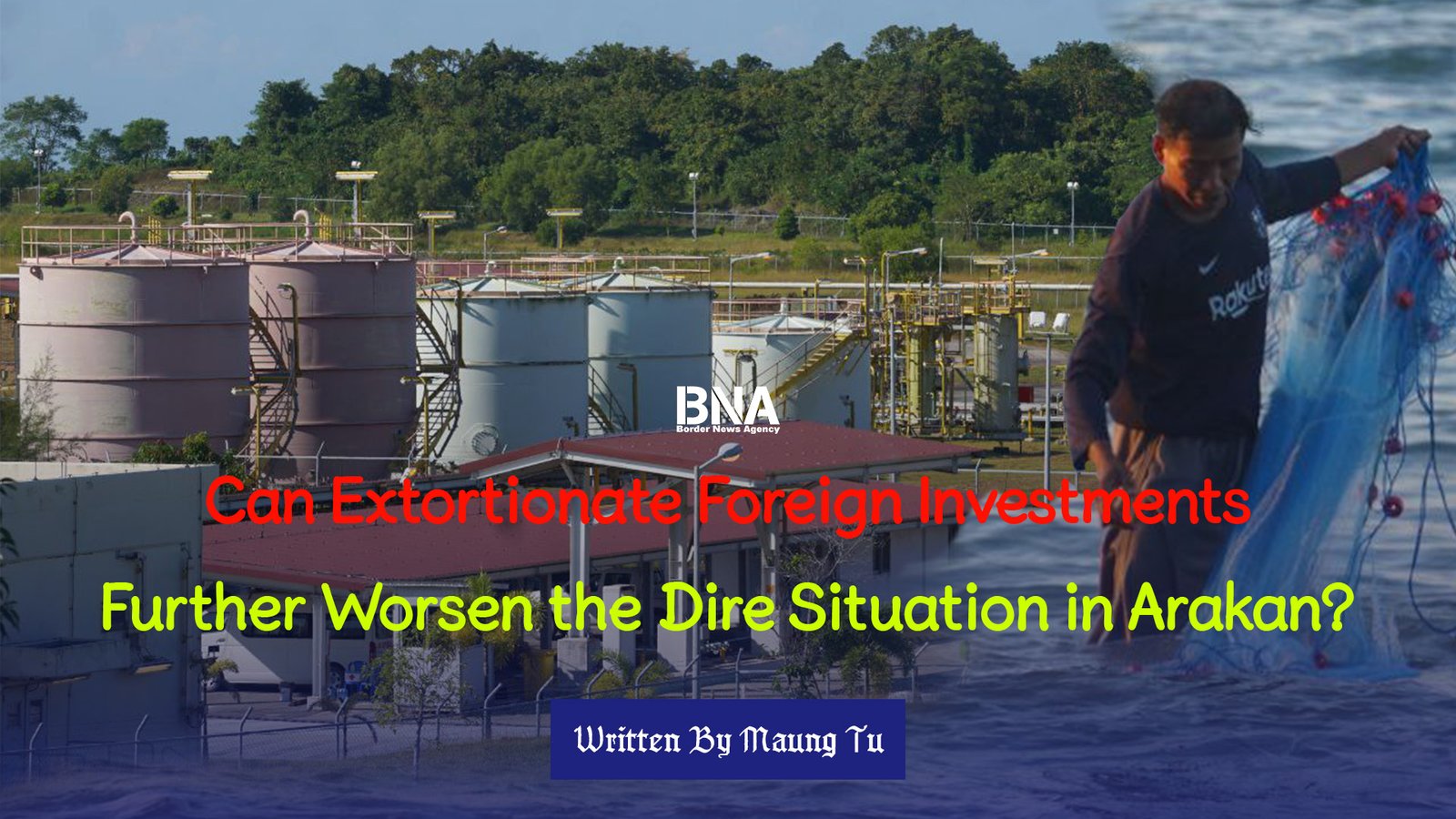Written By Maung Tu
The economic downturn in the Arakan region appears to have long-term implications. Economic growth is one of the factors by which the political management of the Arakan People’s Revolutionary Government can be assessed.
In Myanmar, the economic development of territories controlled by ethnic armed groups relies heavily on neighboring countries.
In areas controlled by ethnic armed groups, there are very few instances of a well-established economic infrastructure that allows for large-scale production of goods. Even in seemingly developed regions like Wa State and Mong La, their economies remain dependent on neighboring countries and operate under the economic influence of those nations.
A Manufacturing-capable Community
The extent to which a governing entity supports the production capabilities of the local population within its controlled territory serves as a clear measure of its governance effectiveness.
When discussing production, it does not necessarily refer only to technologically manufactured goods. Rather, it includes essential industries such as livestock farming and agriculture, which provide food security, as well as consumer goods production. The key question is how much support and resources the governing entity provides to enable the local population to produce these necessities on their own.

Extracting natural resources from the land and selling them in their raw form without value addition does not contribute to building a sustainable society.
Similarly, relying on economies driven by illicit activities such as drug production, gambling, or morally harmful industries does not lead to the true development of a stable and self-sufficient community.
A functional society requires essential resources: food for sustenance, clothing for protection, and shelter for living. A key measure of economic self-reliance is how much of the necessary agricultural inputs and resources a community can produce on its own rather than depending on external supply chains.
How much can a community produce on its own to meet the necessary inputs for other basic needs like food, clothing, and shelter?
A society’s ability to produce its own basic necessities is crucial for achieving social stability. When a community can produce what it needs for survival, it can regulate the prices of essential goods like food and commodities, ensuring that they remain accessible and affordable for all. This level of self-reliance helps maintain peace and sustainability within the society.
Unequal Economic Partnerships and Ethiopian examples
In a society that is struggling with a lack of production, economic supply chains that are blocked often become a barrier to reaching a future society based on education and progress.
For example, in the post-2000 era, Ethiopia experienced invitations for foreign investment in agriculture to stimulate growth.
In the 1970s, Ethiopian farmers faced the consequences of land nationalization, where the government, under socialist and centralized systems, took control of farmland from local farmers, resulting in significant challenges for the agricultural community.
Following that, the villagers had to endure the consequences of “villagization” again.
Thus, in the early 2000s, when efforts for reform and change began, agricultural lands were unproductive due to bad weather conditions. The government, unable to support necessary agricultural inputs, including water resources, failed to provide the required assistance.
As the people faced economic hardship, the government, in a desperate attempt, had to make efforts to attract foreign investments. However, foreign investment in agriculture and livestock was a highly challenging matter.

No country would prefer to invest all their money in agriculture or livestock in another nation. Instead of investing abroad, those funds would likely be directed to support and assist farmers within their own country.
However, countries with agricultural needs are making foreign investments in agriculture and livestock.
Especially, oil-rich desert countries like Saudi Arabia, nations with limited agricultural land, and industrialized countries like South Korea, which rely on food imports, are investing in foreign agriculture and livestock.
In Ethiopia, investments from international corporations, similar to those from Saudi Arabia, are entering the country. Despite the fact that such investments are coming in, no country would willingly invest and take a loss from such ventures.
These foreign investments enter with the goal of generating profit. As a result, agricultural lands have been handed over to foreign investments. Ethiopian farmers, having surrendered their lands, now work on their own farms as laborers, paying rent in return.
For those who are employed and have a steady income, life might be somewhat manageable, although it is still challenging. However, they have lost control over the management of their own businesses and have to accept the conditions imposed by others.
When asking whether all the villagers in Ethiopia gain employment from these investments, the answer is not necessarily. There is no solid legal protection in place, and when institutions are weak, land seizures become more frequent. For some villages, land loss has become a recurring problem. Ethiopia has experienced significant harm due to these investments.
Countries like Saudi Arabia take the crops produced on Ethiopian agricultural land and only allow the products to be brought back to their own country. Ethiopian farmers’ labor and land are used to benefit Saudi Arabia, while Ethiopia faces a persistent food insecurity crisis.
An example of this situation can be seen in China’s Silk Road Pipeline Project. Oil from Arab countries is transported by ships to Madae Island of Kyaukphru township, where it is stored. From there, the oil is moved through pipelines to China.
By using pipelines for transportation, China bypasses the Strait of Malacca, saving significant financial and time resources. This allows China to meet a portion of its energy needs through the oil storage facilities on Madae Island and the pipelines.
However, no similar benefit is felt in the Arakan region regarding its energy needs.
Later, Ethiopia was able to ease central control and implement land reforms, which allowed for some breathing room for the country’s development.
Given this, the question arises: should international investments be rejected? The answer is that rejecting international investments is not necessary.
However, such investments should aim to benefit the public and contribute to the well-being of the people.
If Arakan follows the Ethiopian model, will Arakanese farmers willingly lease their land to investors? Whether they do or not, let’s assume the authorities seize the land and lease it out.
Which country would invest in agriculture and livestock in Arakan?
A country like Bangladesh is unlikely to do so because its farmland is already being cultivated continuously throughout the seasons.
Bangladesh’s per-acre agricultural yield is higher than that of Arakan, and labor is abundant. If Bangladesh were interested in investing in Arakan’s farmland, such a scenario would not be unprecedented.
During the British colonial era, laborers were brought in to cultivate rice on Arakan’s fertile plains. This significantly altered Arakan’s demographic landscape.
Arakanese people would not want to experience such historical changes again.
Would India be interested, particularly for ensuring food security in its northeastern states?
This is a possibility, but it remains uncertain. India is more likely to invest in improving terrace farming in its northeastern states rather than engaging in agriculture and livestock farming inside Arakan.
Meanwhile, Arakan’s food security remains unstable.

Due to the economic gaps and the attraction of commercial opportunities, Arakan’s natural resources, maritime areas, land, environment, and socio-economic conditions are at risk of further disruption.
With Arakan’s economy nearly at a standstill, UN agencies have warned, based on survey data, that over two million local residents are at risk of famine.
Ensuring the availability of essential goods, including food supplies, requires international involvement.
If international investments enter Arakan through economic corridors, the potential negative consequences must be mitigated. To achieve this, a democratic political environment is essential for the people of Arakan.
Without democratic norms and under a centralized authoritarian system, the future of Arakanese people will become even more precarious.






